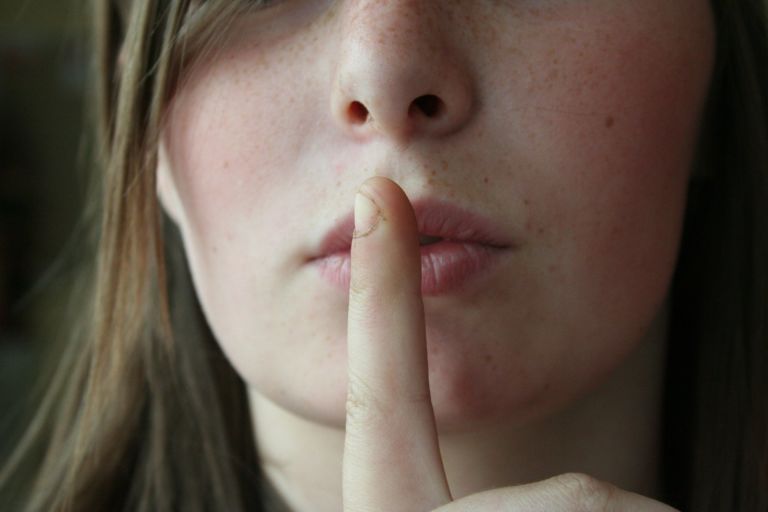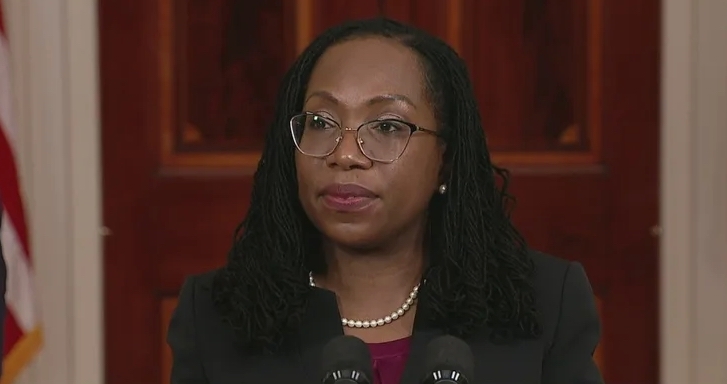Carl Cannon writes at RealClearPolitics about an important historical lesson for people concerned about today’s toxic politics.
We live in a time when U.S. politics is not only hyper-partisan, but toxic. Party activists on both sides of the divide assign a higher value to slurring those on the other side – and covering up for those on their side – than to telling the unvarnished truth.
In this hothouse environment, some well-meaning people assert that misinformation and “disinformation” threaten the very pillars of self-government.
The most obvious and immediate problem with this approach is hypocrisy: Many of those braying the loudest about misinformation have made wildly untrue assertions and statements themselves. The long-term problem is that freedom is and always will be utterly incompatible with a society in which the government or private media monopolies control the right of people to speak or write or broadcast without being censored.
In the waning days of December 1793, Thomas Paine was arrested in Paris. This was the height of the “Reign of Terror,” and the result of being detained on political charges, as Paine was, usually meant the guillotine. Paine certainly thought that was to be his fate. …
… Paine was embraced by George Washington, who allowed him to embed with the Continental Army. Restless soul that he was, Paine did not settle down after independence was won, however. He gravitated toward the more radical French Revolution. …
… But the lessons of Thomas Paine’s life’s work must be learned – and re-learned – with each generation. Disingenuous FBI bureaucrats and easily spooked members of Congress may think they are protecting unwitting Americans from “disinformation” by stifling the expression of ideas they dislike on Twitter and elsewhere. But to me, they are simply updated versions of William Pitts. Likewise, “woke” social justice warriors and their allies in Big Tech and the media claim to be championing progressive policies by censoring ideas they find false or distasteful. Instead, they are modern-day Jacobins, who have found authoritarianism and absolutism to be heady drugs.


